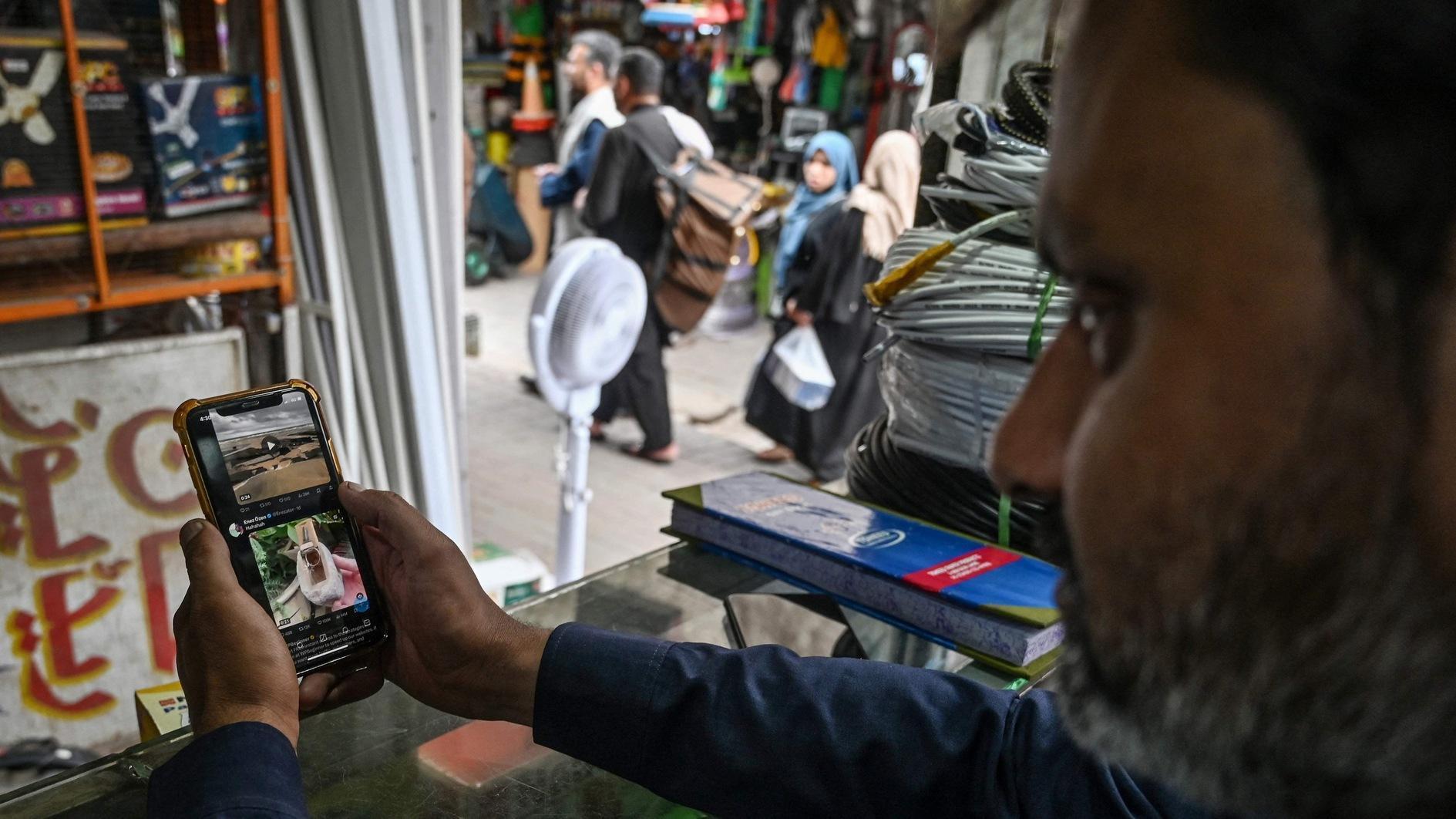Can the PYD split from the PKK?
While the al-Bab operation that the Turkish Armed Forces (TSK) is conducting together with the Free Syrian Army (FSA), which it is supporting, is coming to an end, the question now is whether or not the Syrian Kurdish Democratic Union Party (PYD) will split from the outlawed Kurdistan Workers’ Party (PKK).
Ideas are being discussed that if the PYD distances itself from the PKK, splits from Kandil [Mountains] and forms a canton in Syria’s north, Turkey might tolerate this. The opinion is processed that the PYD, as Turkey did with Masoud Bazrani in northern Iraq, cuts its ties with the PKK, actually, stands against it; only then the formation of an autonomous region in northern Syria might be accepted. It may be drawn from this that the aim is pondering on a model based on an unarmed PYD split from the PKK which has good relations with Turkey as an autonomous administration, like the one in the north of Iraq. Before pondering on such a model, first of all, answers to these questions should be found: What is the PYD-People’s Protection Units (YPG) and whether it will split up from the PKK-KCK.
PYD (Partiya Yekîtiya Demokrat - Democratic Union Party) was formed in October 2003 with an order from Abdullah Öcalan, from the İmralı Prison/Island, as the Syrian branch of the PKK. Again with Öcalan’s order, the Democratic Unity Movement was formed in Iran in 2002 under the PKK’s control. In 2003, its name was changed to PJAK (Partiya Jiyana Azad a Kurdistanê - Free Life Party of Kurdistan). In Iraq, on the other hand, in April 2002, the PÇDK (Partiya Çareseriya Demokratîk Kurdistan - Kurdistan Democratic Solution Party) was formed.
All of these three organizations have conducted their activities under the PKK.
These three organizations, together with the PKK have been connected to the KCK (Koma Ciwakên Kurdistan-Kurdistan Communities Union) formed in 2005 by Öcalan. KCK has been organized as a state structure. The KCK agreement is the constitution text of this state. It has legislation, executive and judicial organs presiding over the organizations in four countries.
The aim of the organization style of Öcalan is to unite the four pieces split from Turkey, Iraq, Iran and Syria and form a communal-confederal Kurdistan state, in accordance with Murray Bookchin’s “communal-confederal state” ideology, which he adopted after rejecting Marxism. Seeing the environment created by the Syrian civil war as an opportunity, Öcalan has made them construct the armed branch of the PYD, the YPG, in 2013. The YPG is an armed organization formed by the PKK and recruited by the PKK. Under the support and the protection of the United States, PYD-YPG has gained control in the north of Syria by drawing away other communities with its armed power. The cantons that were formed in the north of Syria with the support and protection of the U.S. have excited Öcalan in terms of a “United Kurdistan” project and he has attempted to make PKK gain control in the southeast of Turkey with armed power (the urban wars that lasted one year).
This joint structure and joint aim is present in KCK, PKK and PYD documents.
In this rigid, hierarchical, organizational structure, it is not a realistic expectation for the PYD to split from KCK, thus the PKK. As a tactic, it is possible that the PYD may give the impression of such a split up. By creating an image of being distanced from the KCK-PKK, the autonomous state structure will strengthen in northern Syria, which would also suit the stages in Öcalan’s plan to unite in the future. When circumstances allow, this piece will be one of the legs of the “Communal-Confederal Kurdistan State.”











